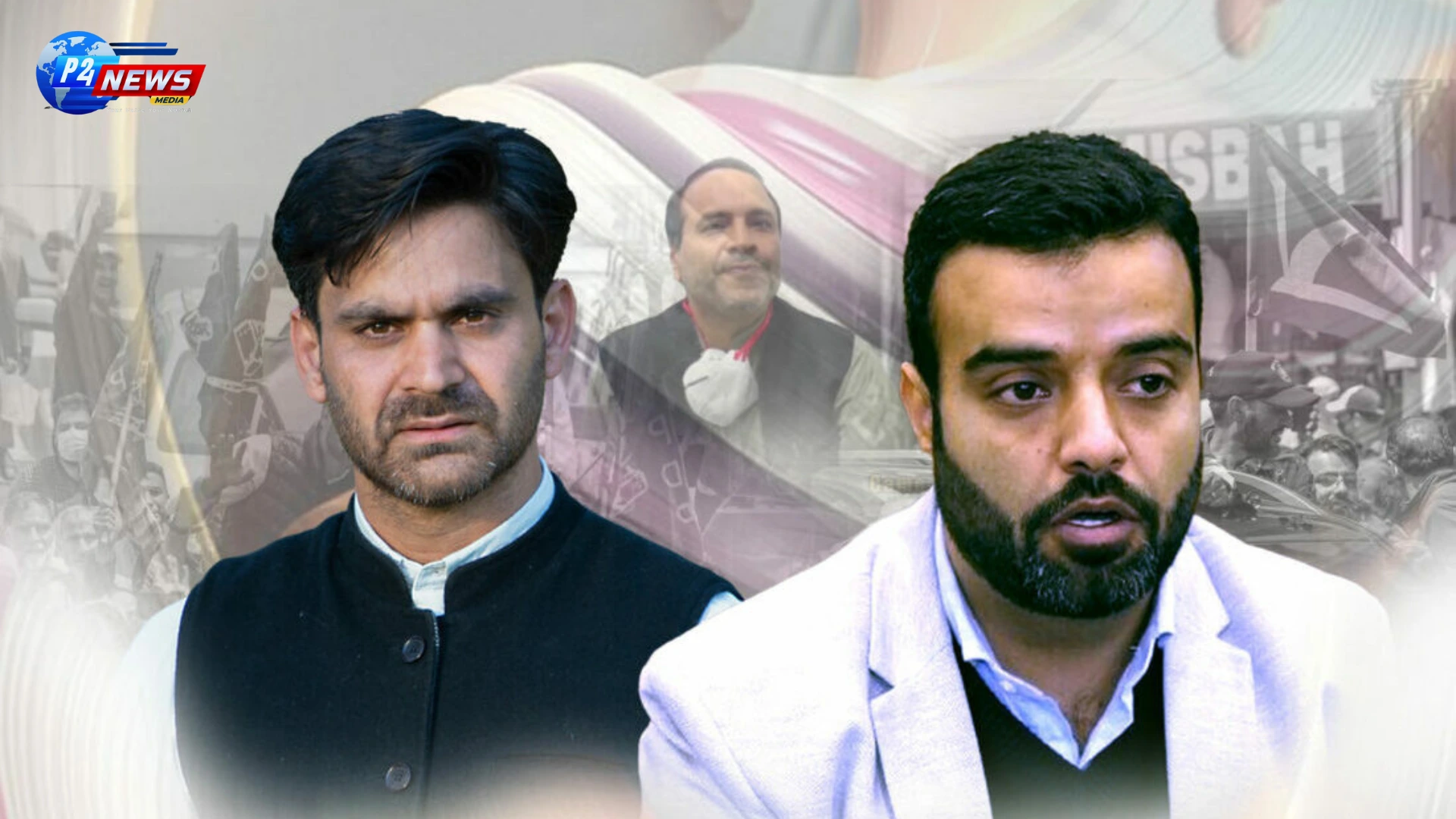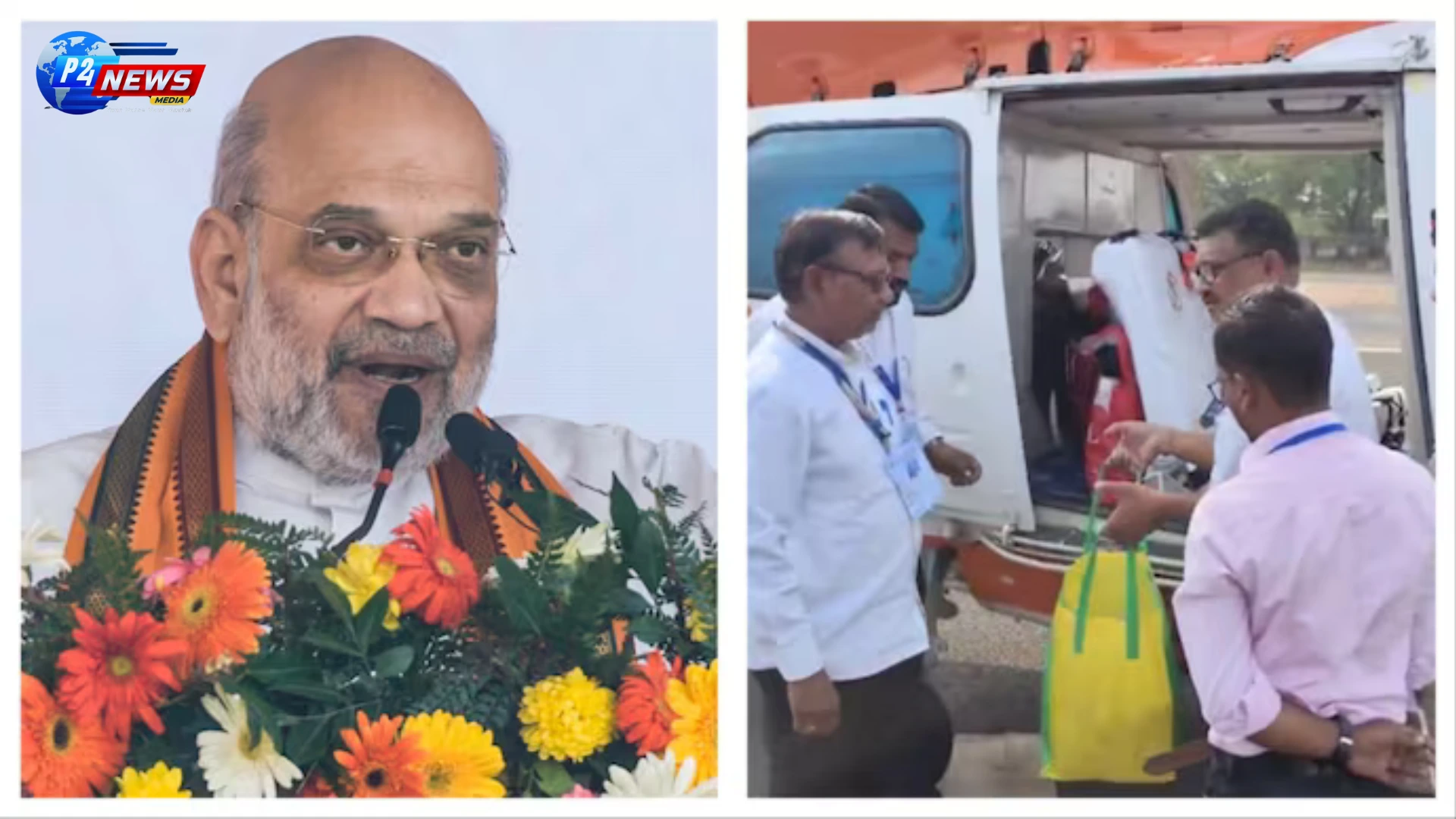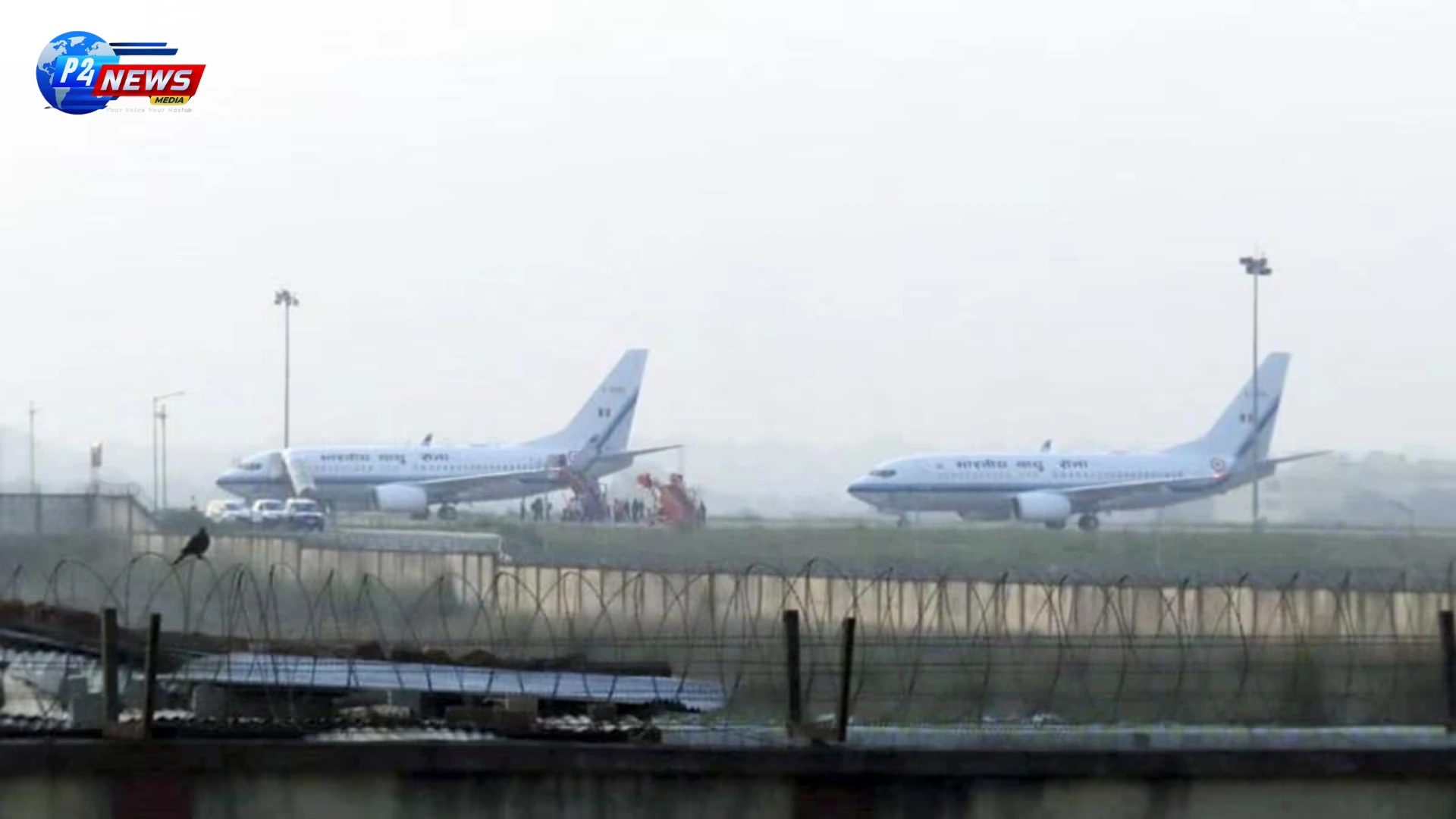In a heated exchange, PDP's Waheed Para has called on MP Aga Ruhullah Mehdi to clarify his statements regarding the interpretation of the Jammu and Kashmir Assembly resolution demanding special status. The political tension surrounding this issue continues to intensify in J-K as key figures express conflicting views.
Srinagar, November 15: The political climate in Jammu and Kashmir has become increasingly charged as the discussion over the resolution demanding special status heats up. This tension escalated earlier today when MP Aga Ruhullah Mehdi made remarks suggesting that the resolution passed by the Jammu and Kashmir Assembly should not be misinterpreted. However, his statements were met with strong opposition from Member of Legislative Assembly (MLA) Waheed Para, who contested the assertions made by Mehdi.
In a response on social media, Waheed Para highlighted that the Deputy Chief Minister of Jammu and Kashmir possesses the official capacity to interpret the resolution. He referenced a recent interview where the Deputy Chief Minister explicitly stated that the resolution should not be associated with Article 370. This statement has raised questions about the motivations behind the differing interpretations of the resolution among key political players.
Para pressed Mehdi for clarification, questioning whether the Deputy Chief Minister is inadvertently misleading the public by linking the resolution to Article 370, despite indications of disagreement among major stakeholders on this issue. The MLA’s comments reflect a broader sense of confusion and concern regarding the political discourse around Jammu and Kashmir's special status.
Further complicating the scenario, Waheed Para also mentioned Chief Minister Omar Abdullah's recent trips to Delhi, wondering aloud about the purpose of his visits. He framed his inquiries with skepticism, asking whether the Chief Minister is genuinely advocating for Article 370, the state's autonomy under Article 371, or merely seeking political gain. Para questioned the sincerity of these trips, suggesting that they resemble a search for a more favorable political position rather than a genuine pursuit of the interests of the people of Jammu and Kashmir.
Srinagar’s political landscape is rife with debates over state rights and autonomy, often leading to friction among political figures. The dialogue surrounding the special status resolution is a microcosm of the larger struggles within Jammu and Kashmir society. As these conversations unfold in both legislative chambers and public forums, they expose the differing ideologies and priorities of the various political factions.
The ongoing ruckus is a reflection of the broader complexities that mark the political narrative of Jammu and Kashmir. The debate is not merely about the resolution itself, but also delves into deeper issues pertaining to identity, governance, and the aspirations of the people in the region. With each statement from key political figures, the stakes seem to rise, causing the populace to watch closely for developments.
In summary, the interaction between Waheed Para and Aga Ruhullah Mehdi underscores the complexities involved in interpreting resolutions that touch on sensitive subjects like special status and Article 370. As political discourse continues to evolve, it remains crucial for leaders to clarify their positions to avoid misleading interpretations that can further polarize the already tense atmosphere in Jammu and Kashmir.
















Comments 0